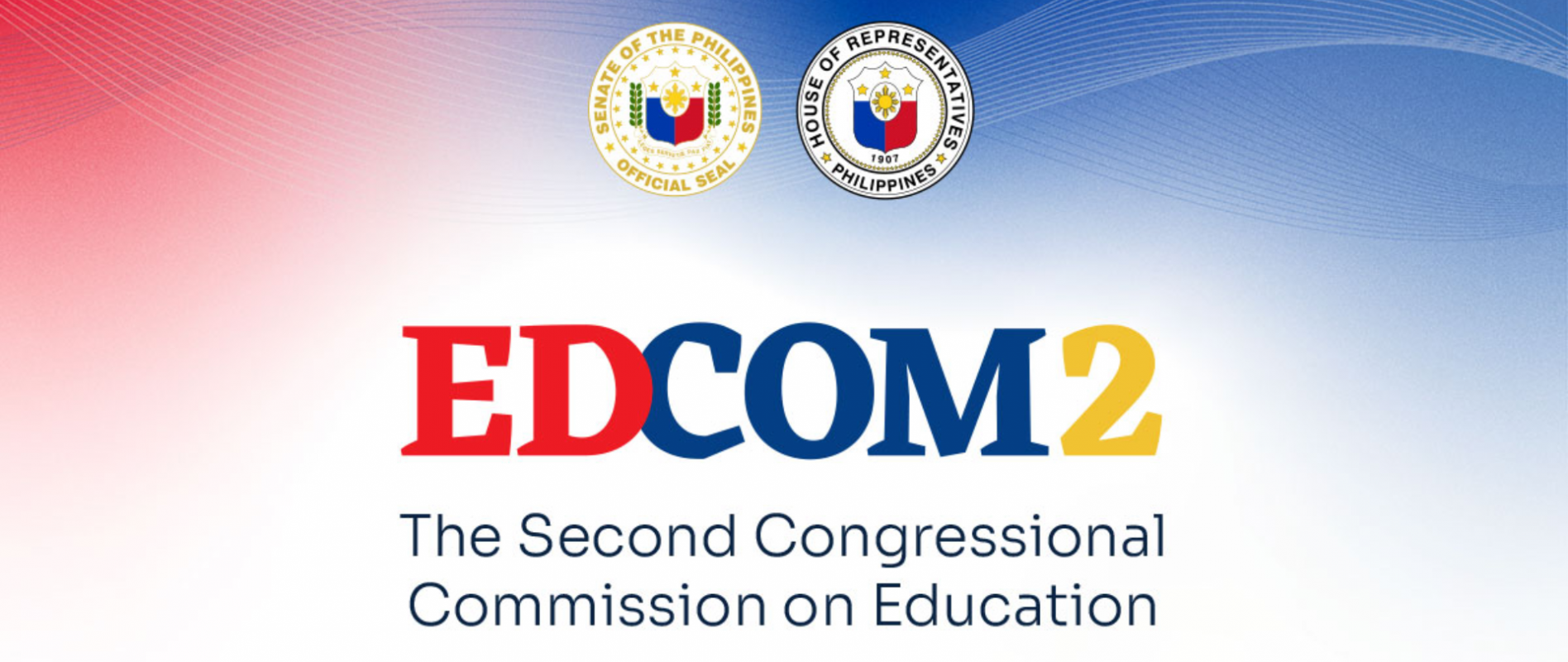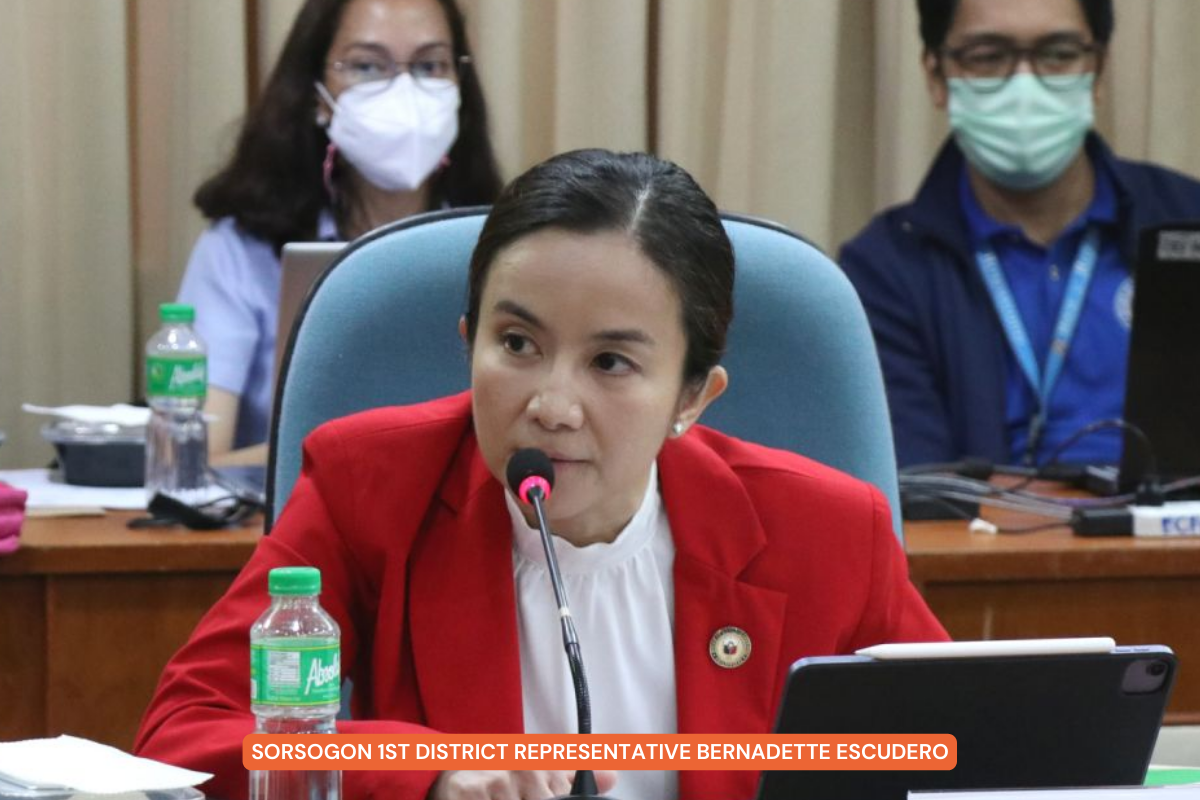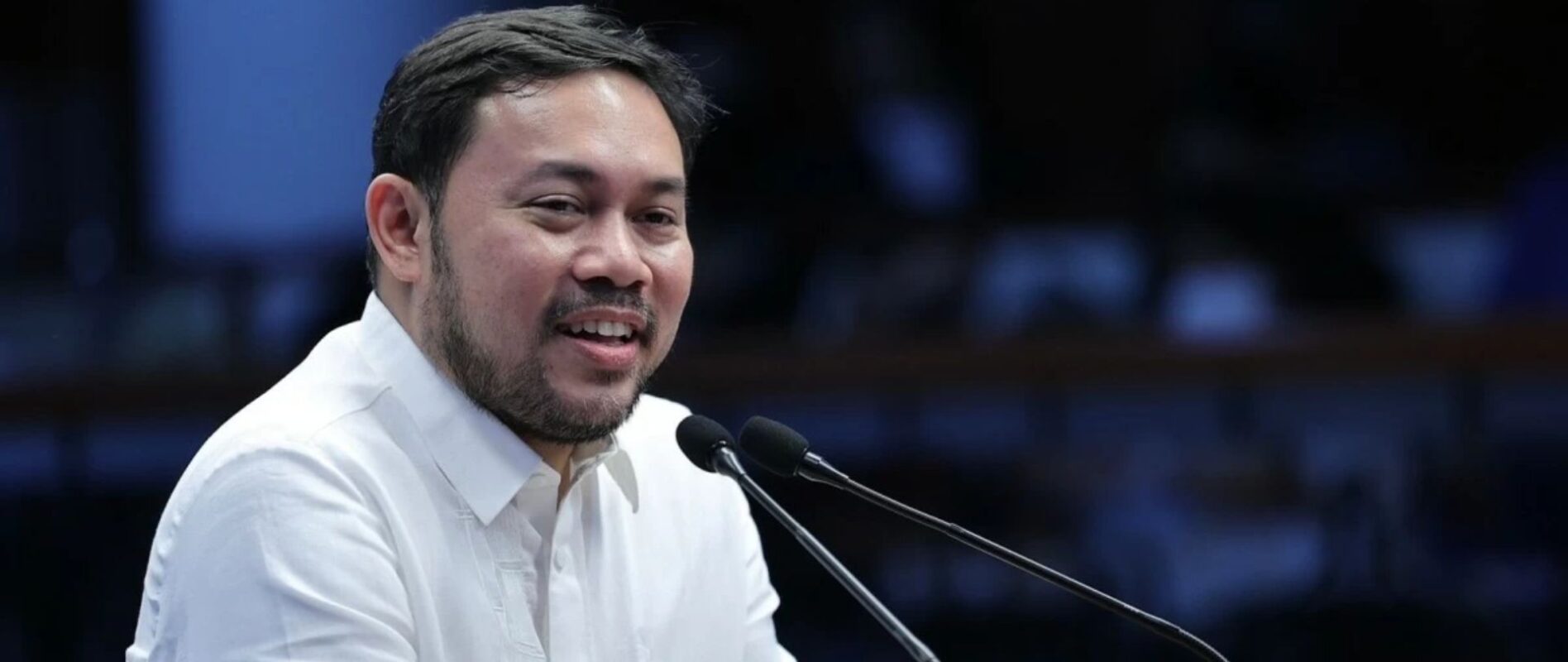EDCOM 2 REPORTS ONLY 43% OF MALNOURISHED CHILDREN REACHED BY DSWD FEEDING PROGRAM
THE SECOND Congressional Commission on Education (EDCOM 2) raised concerns over the limited reach of government nutrition programs, revealing that only 43% of malnourished Filipino children aged 2 to 4 are served by the Department of Social Welfare and Development’s (DSWD) Supplemental Feeding Program (SFP).
The findings were presented during a Senate Committee on Basic Education hearing led by EDCOM 2 Co-Chair Senator Bam Aquino, focusing on proposed amendments to the Masustansyang Pagkain Para sa Batang Pilipino Act and the nutritional status of children aged 0 to 5.
Aquino stressed that public funds should be directed to programs that genuinely benefit Filipino children, emphasizing that nutrition is inseparable from broader educational goals.
EDCOM 2 Executive Director Dr. Karol Mark Yee reported that 26.7% of Filipino children under five are stunted, a condition causing irreversible cognitive damage and undermining future learning potential. Yet, the SFP reaches only about 159,000 of an estimated 373,000 children aged 2 to 4 suffering from wasting, leaving roughly 213,000 children without crucial nutrition during a critical developmental period.
Wasting, as defined by the World Health Organization, refers to a child being too thin for their height due to rapid weight loss or failure to gain weight. Yee noted that the SFP’s facility-based design excludes children who do not attend daycare centers.
“Nutrition is an education issue,” he said, warning that current investments are misaligned and insufficient, particularly during the First 1,000 Days—the window where malnutrition inflicts the most damage.
DSWD Secretary Rex Gatchalian echoed the call for strategic investment, noting that the highest returns occur for programs targeting children aged 0 to 2. He also highlighted operational challenges, including reliance on local governments without clear mandates or sufficient capacity.
The hearing revealed ongoing confusion over agency roles in implementing the First 1,000 Days Law, currently managed by the Department of Health, with hand-offs to DSWD and the Department of Education.














